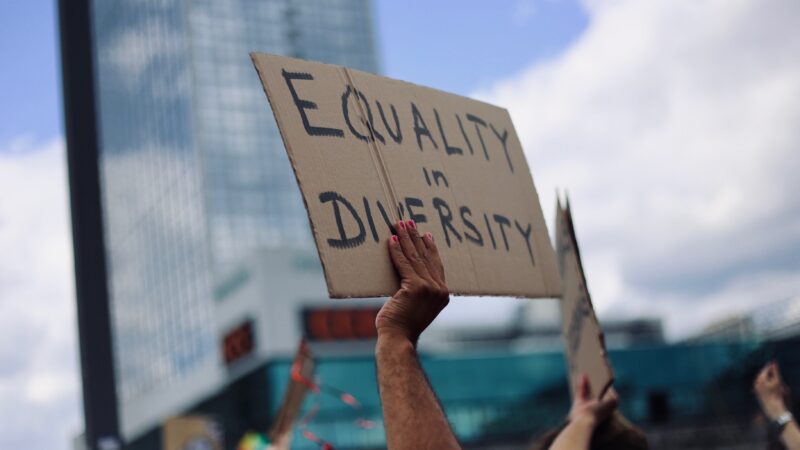On Saturday, late British time, former President Trump and presumptive nominee to be the Republican candidate for November, survived assassination by mere millimetres. A bullet, fired from an AR-15, aimed at Donald Trump’s head grazed his ear instead, thanks to an unbelievably lucky turn of the head as Trump looked at the graph on immigration statistics behind him.
A shooter on the roof of a nearby building, missed through a toxic combination of incompetence and lack of coordination between security forces, shot at the former President several times before being taken down by the security forces. The forces who, it has come to light, had the shooter in their sites for several minutes before he began shooting. Arguments have erupted over whether the threat should have been neutralised sooner, or by who, but in reality he should never have gotten that close. The entire security service should hang its head in shame.
While the world rushed to condemn – or, in the particularly nasty and degenerate corners of the internet, celebrate – the 20-year old shooter, the leader of the Reform party and newly-sworn in MP for Clacton, Nigel Farage, announced that he would imminently be travelling to the US to visit his friend and fellow traveller on the populist right, to lend his support.
The necessity of this move can be debated. Prime Minister Sir Keir Starmer has already rung Trump and offered his wishes, and the 78 year old Republican is already out and about, back on the campaign trail and preparing for the Republican National Convention in Milwaukee this week. This is without even mentioning the fact that, after being shot, Trump got back to his feet, raised his fist in defiance and chanted “fight!”
Some rushed to decry Farage’s decision, pointing to his responsibility as an MP, and no doubt using this as an example of his unprofessionalism and self-aggrandisement. Others said that there is no real need, and Farage should focus on issues closer to home, especially as the King’s Speech is on Wednesday – though Farage did say he would not go before the speech.
Such reactions ignore the humanity of this situation. A man nearly lost his life, and while Farage’s medical credentials are certainly questionable in this instance, the value of having a friend speak to you and visit you after such a shocking moment can be invaluable. And while there is a world of difference between the projectiles, Farage is almost certainly fearful that one day a milkshake might be something closer to what Trump faced. Never forget that Andy Ngo once had to attend the ER in America after a milkshake thrown over him was found to have concrete mixed in.
Moreover, Farage was more than likely going to attend the RNC in Milwaukee this week anyway; this simply makes his visit more personal.
Yet, whether you agree with his politics or not, Farage’s very close relationship with the once-and-probably-future President of the most powerful nation in the world should not be sniffed at. Farage, like him or not, is going to be an asset should Trump return to the White House in January 2025 – a prospect that, more than ever, seems likely.
Rather than criticising Farage for making a decision which, it must be remembered, is entirely his prerogative – senior Conservatives visited America during the election campaign, and Lisa Nandy was in Germany for the Euros final this weekend, and rightly so – the British government should recognise Farage’s value in the special relationship.
This is not even to mention the fact that many populist parties in Europe look to the architect of Brexit with great admiration, Nigel Farage’s international profile is greater than some members of the cabinet, and is certainly more amenable to some foreign political parties.
Nigel Farage’s role in the coming parliament is likely to be one of unofficial ambassador – to the United States, certainly, and more than likely many other nations. It would be a mistake to undervalue and underestimate that.



